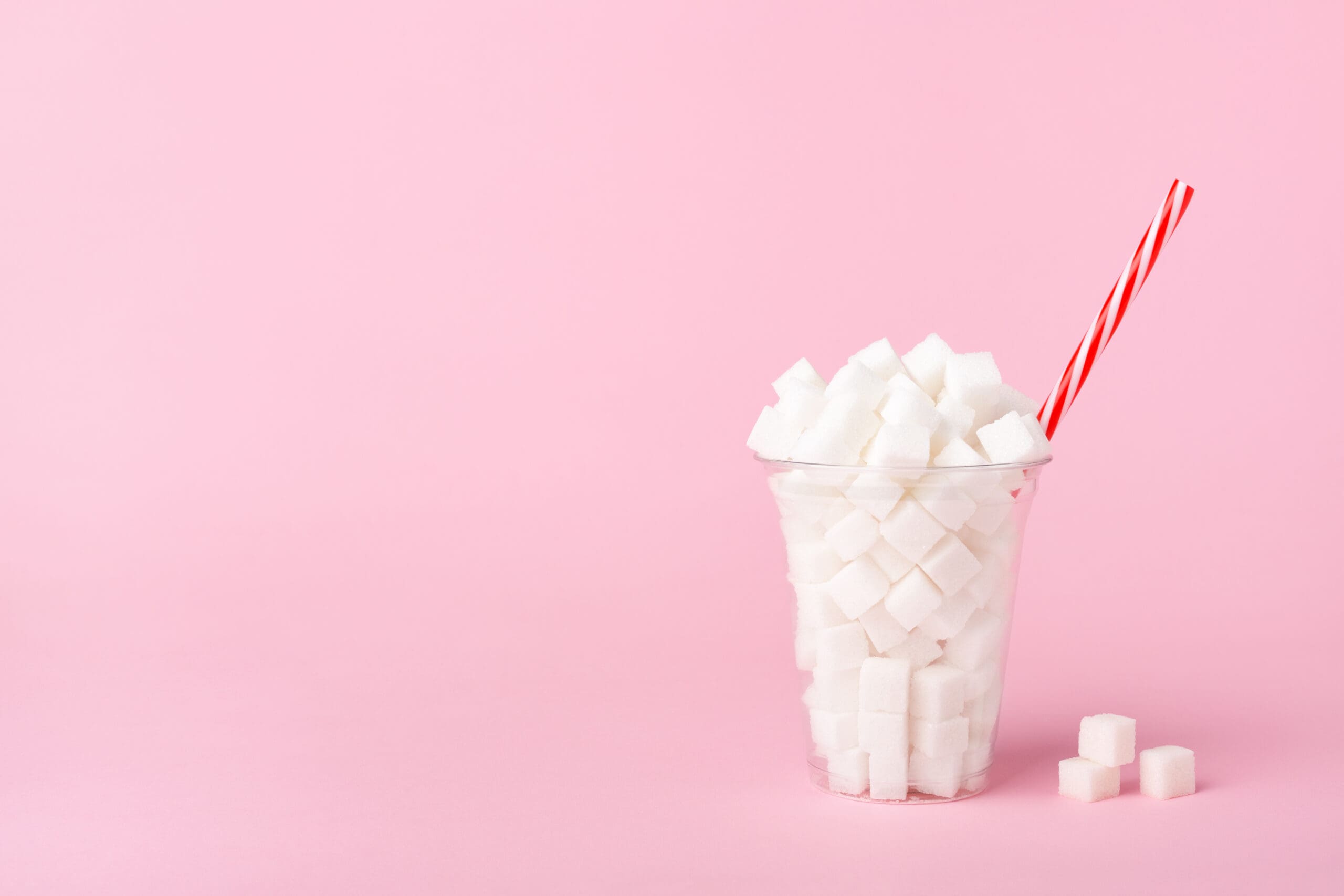How does alcohol affect gut health?
By naturopath Margaret Jasinska
Most people enjoy a few drinks a few times a week while relaxing in the evening or while socializing. Alcohol is a part of society and culture in most parts of the world. Drinking too much obviously has negative health effects. The quantity differs among individuals; some people can get away with heavy drinking all their life and live to a ripe old age. Other people experience health consequences from light to moderate drinking fairly early in life. They tend to be people with underlying poor gut and liver health. If you choose to drink, please be aware of potential adverse effects on your gut health.
How alcohol is metabolised
Once you swallow a drink, alcohol starts getting absorbed through your stomach and small intestine into your bloodstream. How quickly your body absorbs alcohol is determined by the amount you drink, if it’s carbonated, if you’ve eaten anything beforehand, and genetics. Most people’s body can process one standard drink per hour. A 5 ounce glass of wine is equivalent to one standard drink, and so is a 12 ounce beer. Your liver is responsible for 90 percent of the metabolism of alcohol into carbon dioxide and water. The rest is removed via sweating, urinating, and exhaling.
Alcohol can stay in your body for hours and blood alcohol concentration varies from person to person. It is affected by age, weight, medications a person takes, liver disease, and the number of drinks you have in a time frame. The longer alcohol stays in your body, the more harm it may potentially cause. That’s because alcohol is considered a toxin and your body tries to remove it as quickly as possible.
The effects of toxins on your body accumulate. The more toxins your body is exposed to, the greater your risk of developing disease. Toxins damage cells in your body. If your immune cells don’t recognize components of your own body because of this damage, they may begin to attack it as a foreign invader. This may trigger autoimmunity. Exposure to toxins can trigger an inflammatory response from the immune system. Chronically elevated inflammation causes wear and tear to the body.
Alcohol and leaky gut
Because alcohol is absorbed through the stomach and small intestine, it can increase gut permeability (leaky gut) and disrupt the balance between good and bad gut bugs. Alcohol can even kill good bacteria in your gut. Leaky gut occurs when the tight injunctions that hold your intestinal cells together open up. Your gut is supposed to be semi permeable, to allow nutrients to pass through the wall and into your bloodstream. Things like stress, alcohol, inflammatory foods, infections, some medications and toxins can cause the tight injunctions to break apart, leaving large spaces that allow bigger particles into your bloodstream. Once in your bloodstream, your immune system identifies these as foreign invaders and mounts an attack on them. This can be the beginning of an autoimmune disease.
Possible symptoms of leaky gut
- Having an autoimmune condition
- Food allergy or food intolerance
- Digestive problems such as gas, bloating, heartburn, reflux, diarrhoea, or irritable bowel syndrome
- Chronic fatigue syndrome
- Foggy head or ADHD
- Some types of depression and anxiety
- Hay fever or asthma
- Fibromyalgia
- Skin issues such as acne rosacea, psoriasis or eczema
- Light, broken sleep
Alcohol compromises the intestinal barrier by directly harming the cells that line it, and by opening the tight junctions between gut cells.
Alcohol can disturb your gut bugs
Alcohol increases the risk of dysbiosis and Small Intestinal Bacterial Overgrowth (SIBO). Both conditions cause an increase in toxins getting through the gut wall that activate immune cells which promote inflammation. Research has shown that alcohol increases quantities of bad gut bacteria. It raises levels of lipopolysaccharide in the bloodstream, which is produced by some strains of gram negative bacteria in the gut. It also reduces the ability of the stomach to produce acid, thus allowing bad bugs to flourish in the small intestine. Your gut and liver health are the gateways to your overall health. If their health is poor, it opens the door to a range of potential health problems. If you choose to drink, it is critical to take extra care of your intestinal and liver health.
How to protect your gut
Never drink alcohol on an empty stomach. It is best to eat a meal that contains protein and fat beforehand. This is because protein and fat can help to protect the lining of your stomach and small intestine to some degree. In addition, it is beneficial to take a teaspoon of glutamine powder in a little water shortly before you plan to drink, and before bed, after you’ve finished drinking. Glutamine heals and seals the stomach and gut lining and helps repair a leaky gut.
Be mindful of other factors that can cause a leaky gut.
These include:
- Non-Steroidal Anti-inflammatory drugs eg. aspirin, naproxen, ibuprofen, meloxicam
- Candida infection
- Inefficient digestion resulting from deficiencies of stomach acid, bile or digestive enzymes
- Gastrointestinal infections ie. parasites, food poisoning or gastroenteritis
- Intense or chronic stress
- A high sugar or refined carbohydrate diet
- Gluten
- Intense exercise, such as marathon running temporarily causes increased intestinal permeability
- Food allergy or intolerance
- Lectins, saponins and alkaloids found in some foods such as grains, legumes and nightshade vegetables
- Nutritional deficiencies, particularly zinc and vitamin A
- The oral contraceptive pill
Your liver is where the majority of alcohol gets broken down in your body. Having a healthy and efficient liver means alcohol and its metabolites don’t spend as long in your body, causing inflammatory damage. Dr Cabot’s book The Liver Cleansing Diet offers many strategies for improving liver health.








Leave A Comment